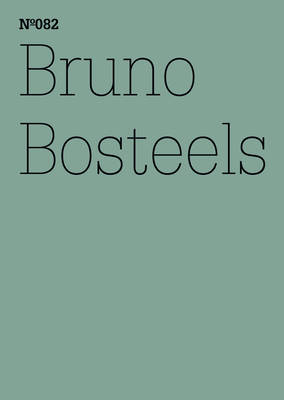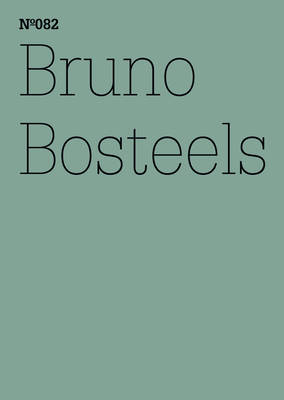
- Afhalen na 1 uur in een winkel met voorraad
- Gratis thuislevering in België vanaf € 30
- Ruim aanbod met 7 miljoen producten
- Afhalen na 1 uur in een winkel met voorraad
- Gratis thuislevering in België vanaf € 30
- Ruim aanbod met 7 miljoen producten
Zoeken
Omschrijving
In his notebook, Bruno Bosteels questions the relationship between art and ideology. He suggests an analogy between dream work and art, as the first draws attention to the "reflexive gestures" of and assumptions about art. Against the conception that art per se is equal to deliverance, trespassing, and resistance, Bosteels draws a theoretical outline of the ideology of art and asks whether, instead of its overestimated political subversion, "artistic freedom" could serve as a model for the ideological inscription of the individual into existing structures of society. With the help of Louis Althusser, Jacques Rancière, and Jean-François Lyotard, he analyzes how art is bound up with the ruling order and a temporary hallucinatory satisfaction.
Bruno Bosteels ( 1967) is Professor of Romance Studies and Comparative Literature at Cornell University, Ithaca, New York.
Bruno Bosteels ( 1967) is Professor of Romance Studies and Comparative Literature at Cornell University, Ithaca, New York.
Specificaties
Betrokkenen
- Auteur(s):
- Uitgeverij:
Inhoud
- Aantal bladzijden:
- 36
- Taal:
- Engels, Duits
- Reeks:
- Reeksnummer:
- nr. 82
Eigenschappen
- Productcode (EAN):
- 9783775729314
- Verschijningsdatum:
- 20/04/2012
- Uitvoering:
- Paperback
- Afmetingen:
- 148 mm x 105 mm
- Gewicht:
- 50 g

Alleen bij Standaard Boekhandel
+ 10 punten op je klantenkaart van Standaard Boekhandel
Beoordelingen
We publiceren alleen reviews die voldoen aan de voorwaarden voor reviews. Bekijk onze voorwaarden voor reviews.











